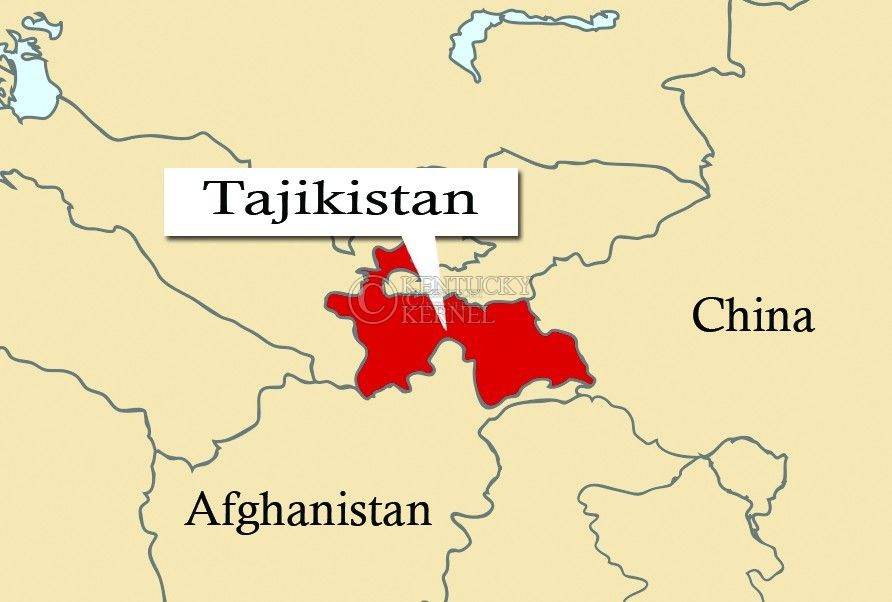Professor travels world to ensure democracy
February 22, 2010
In the middle of winter, in part of the former Soviet Union and possibly in his sleeping bag, one UK professor will try to ensure the fairness of the democratic process.
Geography professor Stan Brunn leaves Monday for Tajikistan to monitor the Central Asian country’s parliamentary elections.
Brunn works for the Organization for Security and Co-operation in Europe as a short-term election observer. He said OSCE is an umbrella group that monitors elections to keep them “fair, open and transparent.”
As an STO, Brunn said he will work with other observers to watch parliamentary elections and report on them.
“We look for irregularities,” Brunn said. “If there are, we report them.”
If OSCE finds the elections to be corrupt, Brunn said the unfair process will become public knowledge and the government of Tajikistan will determine the next step.
Tajikistan was formed after the fall of the Soviet Union and has had a history on conflict, with a long-lasting civil war between those opposed to the Soviets rule and Soviet loyalists that occurred during the 1990s, Brunn said.
Susan Roberts, UK geography chairwoman, said Tajikistan is a place with little infrastructure.
“(Tajikistan is) a very poor country,” Roberts said, “maybe even the poorest of the former Soviet states.”
Roberts has known Brunn for 19 years and said he is the only person in UK’s geography department to have extensive research in the Tajikistan area.
Brunn is a fair and flexible person, and his research and knowledge of political geography make him a good fit for the job to monitor elections, Roberts said.
“(Brunn) understands the context really well,” Roberts said.
Alan DeYoung, a UK professor of educational policy studies and evaluation, met Brunn in 1995 when they worked at the Kazakhstan-American Center. The center was founded by former UK Russian and eastern studies professor Roger Anderson, DeYoung said. Then from 2003 to 2006, DeYoung and Brunn ran a program in Kyrgyzstan.
“(UK has) this Central Asia contingency going on,” DeYoung said. “And he’s part of that.”
Brunn has never been to Tajikistan, but this trip will be the second time he has helped monitor elections. In 2004, Brunn monitored elections in Kazakhstan.
Brunn has traveled to Central Asia more than a dozen times and is familiar with the terrain. He said the landscape is “rugged” and one of the most “inhospitable habitats on the planet.”
Tajikistan is currently in its winter season, and Brunn said he has been told to bring a sleeping bag because he does not know where he will be staying. Brunn said this trip could be “Survival 101, 201 and 301.”
From Lexington to Dushanbe, Tajikistan, Brunn said he will travel around 24 hours.
Tajikistan’s parliamentary elections are to be held Feb. 28, and Brunn said he plans to return to Kentucky on March 3. However, Brunn said he is willing to return to Tajikistan on short-notice if a run-off election occurs.
Roberts said Brunn knows the “nuts and bolts” of democracy and she knows Brunn will bring his trip into the classroom.
“When he comes back, (Brunn) will have some great stories to tell about how you get democracy going,” Roberts said.


























































































































































